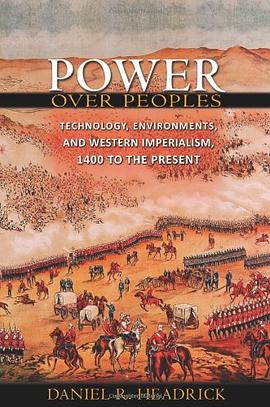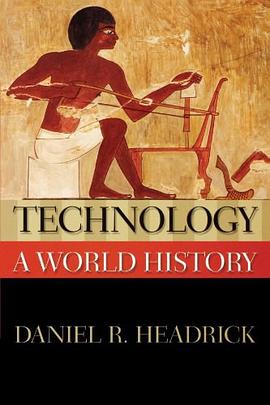Power over Peoples 豆瓣
作者:
Daniel R. Headrick
Princeton University Press
2009
- 11
For six hundred years, the nations of Europe and North America have periodically attempted to coerce, invade, or conquer other societies. They have relied on their superior technology to do so, yet these technologies have not always guaranteed success. "Power over Peoples" examines Western imperialism's complex relationship with technology, from the first Portuguese ships that ventured down the coast of Africa in the 1430s to America's conflicts in the Middle East today. Why did the sailing vessels that gave the Portuguese a century-long advantage in the Indian Ocean fail to overcome Muslim galleys in the Red Sea? Why were the same weapons and methods that the Spanish used to conquer Mexico and Peru ineffective in Chile and Africa? Why didn't America's overwhelming air power assure success in Iraq and Afghanistan? In "Power over Peoples", Daniel Headrick traces the evolution of Western technologies - from muskets and galleons to jet planes and smart bombs - and sheds light on the environmental and social factors that have brought victory in some cases and unforeseen defeat in others. He shows how superior technology translates into greater power over nature and sometimes even other people, yet how technological superiority is no guarantee of success in imperialist ventures - because the technology only delivers results in a specific environment, or because the society being attacked responds in unexpected ways. Breathtaking in scope, "Power over Peoples" is a revealing history of technological innovation, its promise and limitations, and its central role in the rise and fall of empire.

